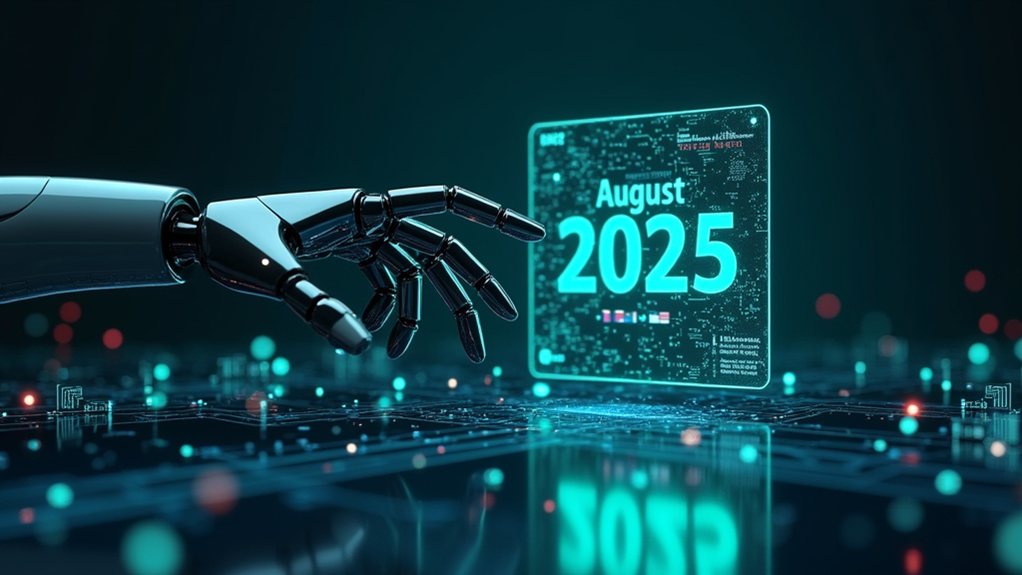Sam Altman swears OpenAI isn’t about cashing out and buying mega-yachts—it’s about, wait for it, *saving humanity*. Despite venture capital raining down like confetti, the nonprofit has kept a tight grip on the for-profit arm. Think: OpenAI’s nonprofit board, their version of the Jedi Council, blocks investors from turning the place into just another money mill. Altman and board chair Bret Taylor say it keeps their eyes on the prize: AI for public good, not private jets. Want the real story? Stick around.
Why the insistence? For starters, OpenAI’s nonprofit will retain control over its for-profit operations—yes, the same for-profit arm that investors would love to pry loose. The nonprofit remains the main shareholder, calling the shots in the Public Benefit Corporation (PBC).
Basically, it’s as if Batman’s Alfred kept the Batmobile keys, no matter how many billionaires tried to buy them.
Imagine if Alfred guarded the Batmobile keys, no matter how many billionaires flashed their wallets—that’s OpenAI’s nonprofit in the driver’s seat.
This isn’t all nostalgia for the 2015 charter, either. Rumors swirled about spinning the for-profit business into a fully independent entity. That would have meant more outside cash, but also more risk: mission drift, profit-first thinking, and maybe a few AI-induced existential crises.
After legal drama—including Elon Musk’s lawsuit, because of course—OpenAI’s board decided to keep things close to the vest. The decision was made after sustained dialogue with civic leaders and state attorneys general, who emphasized the importance of maintaining nonprofit oversight for the public good.]
- CEO Sam Altman, never one to mince words, reminded everyone: “OpenAI is not a normal company, and never will be.”
- Board chair Bret Taylor echoed that, saying nonprofit control is fundamental—like pineapple on pizza, but less controversial.
The nonprofit’s grip means AI profits (from, say, ChatGPT) can be funneled back into charitable projects, not just yachts and venture capitalists’ summer camps.
Let’s not forget the legal and competitive pressure: Musk, now running rival xAI, isn’t exactly cheering from the sidelines. Lawsuits flew, regulators in California and Delaware circled, and suddenly the “public benefit” part of the PBC became more than just a nice slogan.








